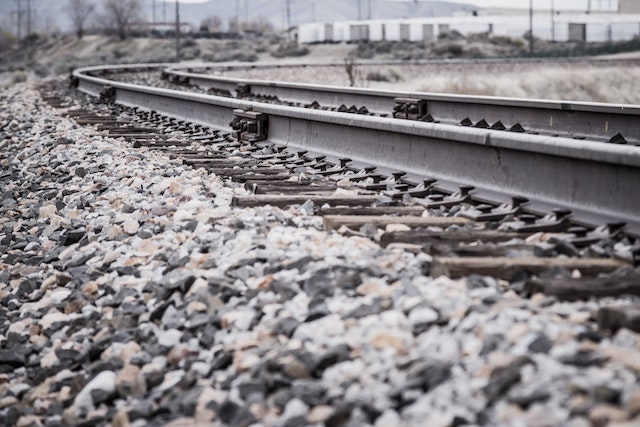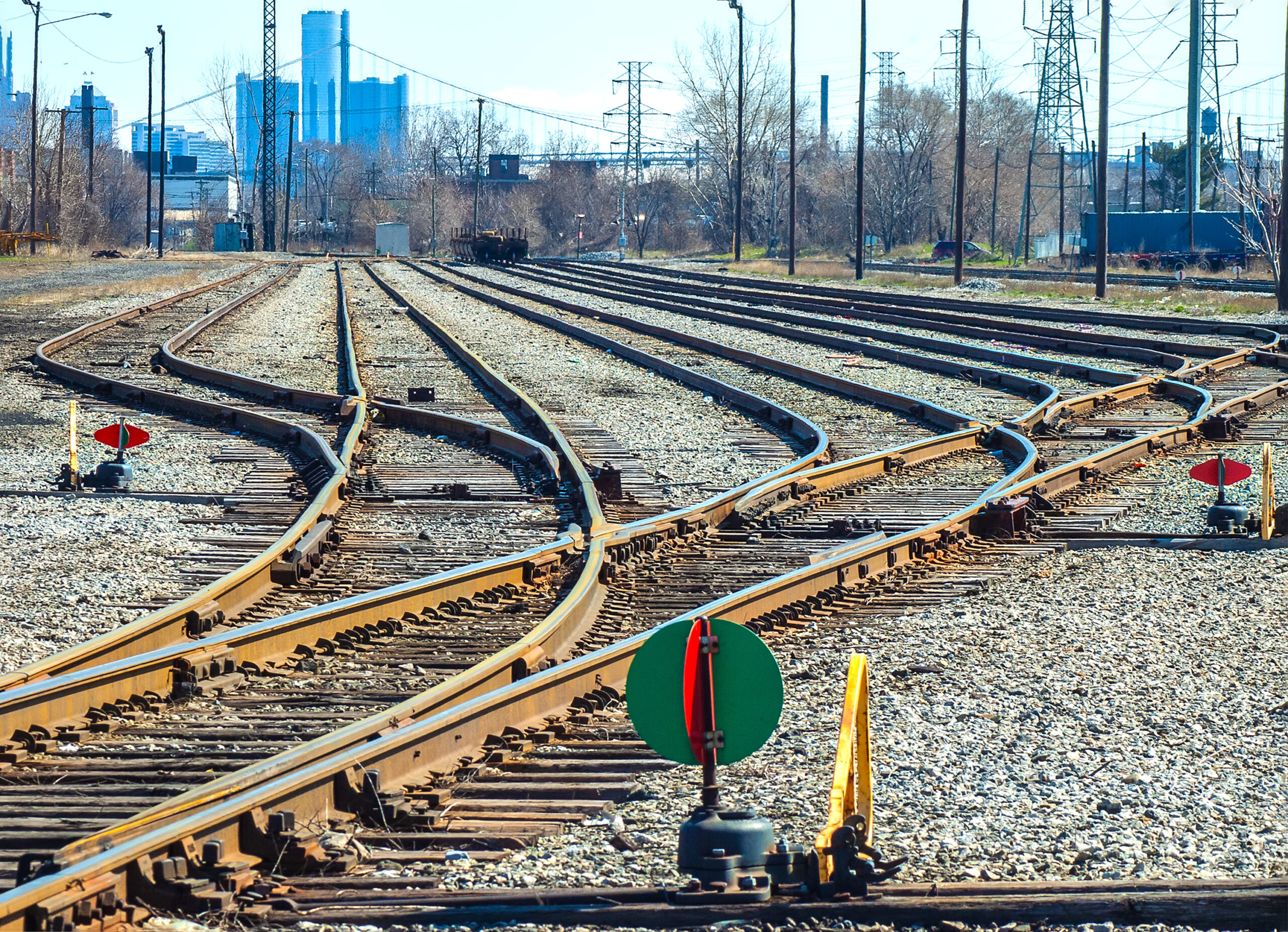
Unfortunately, due to the nature of working on a railroad, there are many hazards employees will face. However, it is crucial to understand that not all injuries are simply the result of an occupational hazard. In many instances, if an employer is negligent, you are likely eligible to receive financial compensation. The following blog explores these circumstances in greater detail while explaining why you need the assistance of a FELA lawyer to help you navigate any injuries you’ve sustained due to a negligent employer.
What Is FELA?
In a traditional workers’ compensation claim, if an employee is injured for any reason on the job, they can collect compensation. However, if they agree to worker’s compensation, they can no longer hold their employer legally responsible for negligence, even if the employer is to blame.
The Federal Employers’ Liability Act (FELA) is like workers’ compensation, but specifically for those who work on railroads. However, unlike traditional worker’s compensation in which employees can receive financial support for any injuries they sustain on the job, to receive compensation through FELA, it must be proven that your employer was negligent in some way. If there is no negligence on behalf of the employer, you will be unable to collect financial support.
What Are the Different Negligence Standards Applicable?
One of the most crucial aspects of a FELA case is comparative negligence. If an employee was injured due to the negligence of their employer, they can receive compensation. However, if it is discovered that the employee was also negligent, the award they receive will be reduced by their percentage of fault in the incident.
For example, if an employee is found 15% responsible for the accident that caused their injuries, they will still receive damages. However, their compensation total will be reduced by 15%.
This is much more employee-friendly than contributory negligence, which is another legal doctrine used in personal injury cases. However, unlike comparative negligence in which an injured party can still collect damages if they are found negligent in any capacity, under contributory negligence, they are barred from collecting damages.
However, if it’s discovered that the employee was solely responsible for their injuries, they are barred from collecting any compensation through FELA.
Applicable damages include medical expenses, pain and suffering, lost income, rehabilitative measures, and non-economic damages like loss of enjoyment of life.
There are also instances where the railroad can be held 100% liable for all damages even when the employee may have also been negligent. This happens in circumstances where the railroad has violated certain safety rules put in place for worker safety.
If you were hurt due to the negligence of an employer, it is essential to ensure you have competent legal representation. At Doran & Murphy, we believe the employees who work hard to keep the nation’s goods traveling efficiently should have excellent legal representation when injured due to another party’s negligence. Contact us today to discuss the details of your case.





